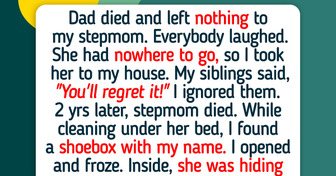My goodness I am 66 had 2 hip replacement already. There is no way possible I could physically keep up full time child care and care for myself. That is why you don't have kids at our age. Physically impossible.
I Refuse to Waste My Retirement Babysitting My Grandkids
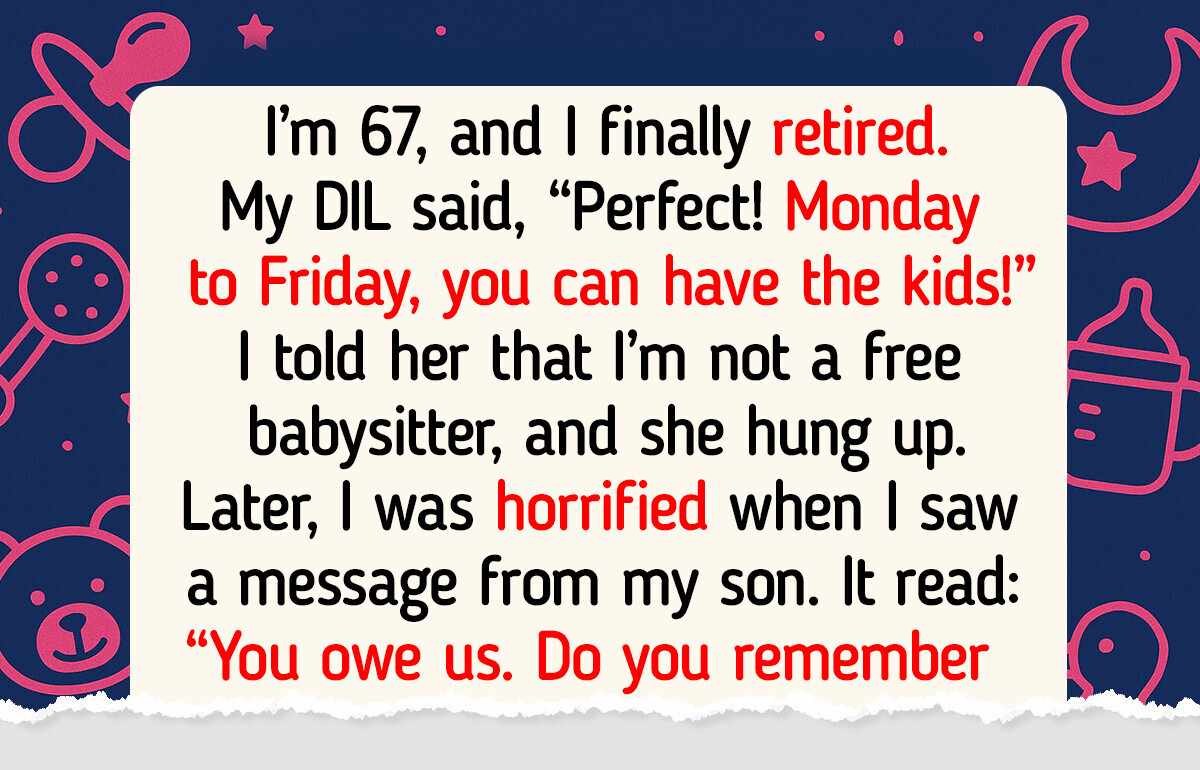
Reaching retirement age is something many people look forward to, but for one woman, that long-awaited break was quickly interrupted. Instead of enjoying her freedom, she found herself pulled back into the world of parenting responsibilities.
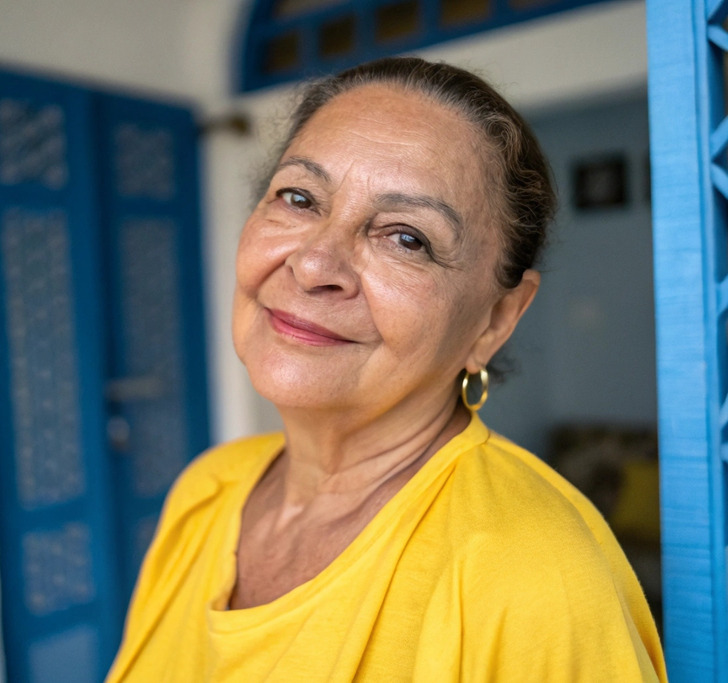
I’m 67 and just stepped into retirement after working for over 45 years. My family threw me a little celebration, and I felt so free. I was finally going to travel a bit, maybe take a dance class, even catch up with some friends I’ve barely seen in years.
I gave my son and daughter-in-law a call to let them know I had wrapped up everything on my work schedule. My DIL shocked me by saying, “Perfect! Monday to Friday, you can have the kids!”

I could see helping out 2-3 days a week, but not every day. I help out when and if needed especially if my school aged grandson is sick so she abd hubby don't have to miss work. DIL and son are very presumptuous.
I laughed, thinking she was joking. But her voice sounded serious. I said gently, “I love my grandkids, but I’m not a free babysitter.” She immediately got cold and hung up.
Later that night, I was horrified when I saw a message from my son. It read: “You owe us. Do you remember how we supported you after dad passed?”
I sat there stunned. Yes, they helped. But it was never said with strings attached. I raised my son to be kind and fair, and I never expected this kind of treatment from him.

Som has the son paid his parents back for taking care of him as a child?
The next morning, I messaged my son to say I’d love to take the kids out once in a while, but not full-time. But that wasn’t enough for them.
Now, I feel like I have to choose between my peace and my grandkids. I miss them already, but I’m scared that giving in will just set a precedent I can’t keep up.
Should I reach out again? Or wait for them to cool off?
Thank you for sharing your experience. We understand that it’s tough trying to balance enjoying your retirement with not letting your family down. Here are a few suggestions that might help you find a solution that works for everyone.
Set clear limits.

Put the house on the market and move to an active 55+ community, one bedroom condo. They will have your actives, you will have a massive support system in your new community of people like age. Make sure you are a good distance away. Next time he brings up his helping you remind him that it takes about $250K to raise a child and you are willing to let him make payments, minus the money he gave you when you became widowed.
If you feel like you’re being cornered into full-time childcare, it’s important to gently but firmly state your limits. You might offer a compromise, like watching the kids once a week or helping during school holidays.
By creating structure around your availability, you make it easier for your son and DIL to plan. Boundaries don’t mean you love them less; they mean you love yourself enough.
Acknowledge their help in the past.
You can tell your son and DIL that you’re grateful for the support they gave you after your husband passed. Maybe say, “You were there for me, and I appreciated it more than you know. But taking care of each other shouldn’t mean giving up ourselves.”
Acknowledging their generosity while kindly rejecting guilt can help soften things.
Invite a family discussion focused on understanding.

My daughter gave birth to my 6th grandchild today. A beautiful baby girl. I'm a retired nurse and I can't think of anything more rewarding than spending time with my grandchildren. I love the way they are brutally honest, have no agenda, except another cookie from granny. However, asking and assuming or guilt tripping are completely different. If I can help, I will. If I'm busy, they understand
Sometimes, things only settle when they’re said face-to-face. If they’re open to it, invite your son and DIL for coffee or dinner—not to argue, but to talk. Keep the tone light, and express that your wish is to be present in their lives on terms that work for everyone.
Try to avoid blame or defensiveness. When they see you’re open to compromise and not just rejecting them, they may meet you halfway.
Include your grandkids in small ways that still give you joy.
If full-time care isn’t sustainable, look for low-effort, high-connection alternatives. Take your grandkids to lunch once a week, or invite them over for a weekend craft or storytelling hour. These moments can be just as meaningful without consuming all your free time.
By showing that you still want to bond with the kids, you gently challenge the “all or nothing” narrative. This helps shift the conversation from control to connection.
Watching kids isn’t always as simple as it sounds. Check out these 10 Times Babysitting Turned Into a Real-Life Nightmare.
Comments
Do NOT let them guilt you into giving up your retirement! And if they foolishly decide to not let you see the kids at all because of this, that's on them. You could offer to take the kids for a Saturday night over night a couple times a month, so they can have a nice date night, or they can cut off their nose to spite their face by getting nothing at all from you. The choice is theirs to make. But this needs to be said... how utterly entitled of them to simply assume you would take over raising their kids while they work? Who's watching them now? More importantly, because your son and his wife seem to be abdicating being parents to their children, WHO'S raising them now, before you retired?
Did they ask this lady before having kids? No? The entitlement here reeks like old fish. Are these the parents who turns their kids loose in restaurant, theater, store and airplane claiming "it takes a village"? Let's start calling this exactly what it is ...entitled presumptuous laziness.
I wouldn't worry too much about the children and grandchildren. You go out and enjoy yourself. Let them bring up their family themselves just as you did
This is a crazy amount of entitlement and lack of gratitude.
My mom offered to watch my children while I worked and was paid for doing so.
I did not demand she help out.
This is nuts.
Son and DIL acting like just because OPs retired means she's up to being free childcare. Doubt they have much help after OPs husband passed with how their acting. They can hire nanny or sitter or watch own kids
Related Reads
I Refused to Give Up My Seat to My DIL’s Spoiled Kid
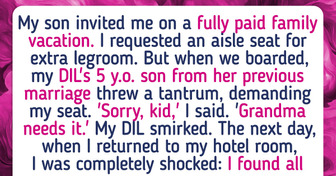
14 True Stories That Could Hit Google’s Front Page
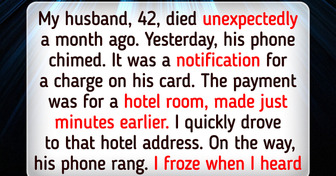
I’m on a Budget, So I Asked for My Money Back

I Refused to Tip $300 After Being Invited to a Dinner

I Kicked My Stepsister Out of My Wedding—But Didn’t See the Twist Coming

My Parents Decided to Skip My Wedding - Because They Chose My Sister Over Me

14 Crushing Secrets That Tore Lives Like a Tornado

When I Firmly Said No to Hosting Christmas, My MIL Unleashed Chaos

I Told My BIL to Stop Picking on My Son, or He’ll Be Out of Our Lives

I Refuse to Let My Boss Control My Breastfeeding Breaks at Work
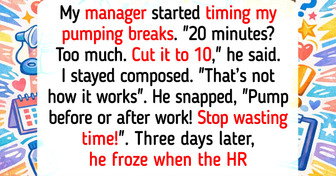
I Gave My MIL a Simple Gift—But My Family Demanded I “Choose a Side”

15 Moments That Inspire Us to Keep Our Kindness, Even When the World Gets Heavy
